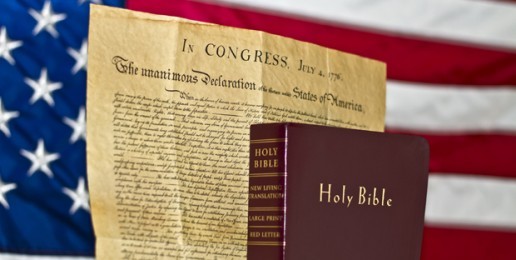
It is rather amazing how many of the political and media elites want to push certain parts of the voting block off to a corner, hoping they will seldom be heard from beyond Election Day. A new study called the 2013 Economic Values Survey from two groups that are not conservative, the Public Research Institute and the Brookings Institute, finds that social conservatives are a lot larger in numbers than attention to them or their issues may indicate. The researchers found the following:
• 25 percent of Americans are economic conservatives;
• 29 percent of Americans are social conservatives;
• 38 percent of Americans are theological conservatives;
• 19 percent of Democrats describe themselves as social conservatives.
The study concludes that economic conservatives “have the weakest hold on American public opinion.” Yet, in their defense, I would point out something that many economic conservative leaders and political elites often fail to understand, at their own peril; most social conservatives are also economic conservatives, but we do not place our fiscal values above our cultural, family and faith concerns.
The Washington Post’s E.J. Dionne analyzed these results noting that that social issues may be one of the best bridges the GOP has to reach Democrats. He also said, “it turns out that social conservatives loom larger as a part of that conservative constituency and more consistently than economic conservatives.” The panel of mostly liberal experts reporting the results of their study agreed noting, “Conservatives cannot win [elections] without social conservatives.”
It will be interesting to see if this information reaches the leadership of the Republican party which seems eager to take advice from liberals, the media and (or) their political enemies to walk away from various principles that appeal to social and religious conservatives. Speaking of elections, there is some talk of former Alaska Governor and political commentator Sarah Palin running for U.S. Senate.






























